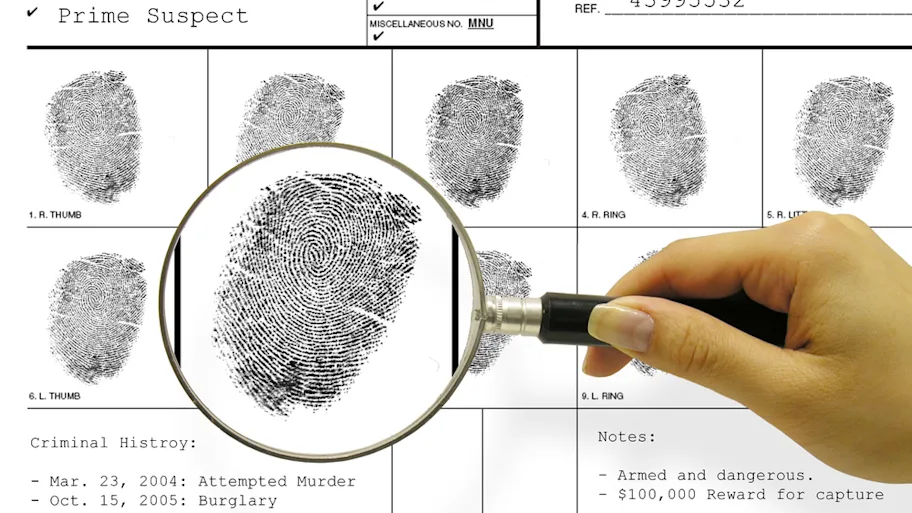
- Science news
- Featured news
- Feminine leadership traits: Nice but expendable frills?
Feminine leadership traits: Nice but expendable frills?

The study finds both men and women view stereotypically masculine traits (like competence and assertiveness) as more of a necessity and stereotypically feminine traits (like being tolerant and cooperative) as more of a luxury. Image: Shutterstock
The finding that both men and women prefer leadership traits considered as more masculine could help explain gender inequality in the workplace.
— By Fabienne Eckert, science writer
Despite expectations that stereotypically feminine leadership traits like communality will define 21st century leaders, the higher up we look across different types of organizations, the fewer women we find. A new study exploring this apparent contradiction reveals these communal leader traits — like being tolerant and cooperative — are viewed as desirable but ultimately superfluous add-ons. Instead, both men and women believe successful leaders need stereotypically masculine traits such as assertiveness and competence. Published in Frontiers in Psychology as part of a research collection on gender roles in the future, the study is the first to examine potential tradeoffs in masculine versus feminine leadership traits. It provides insights into continued gender inequality in the workplace, particularly the concentration of men in top leadership roles.
Unnecessary Frills: Communality as a Nice (But Expendable) Trait in Leaders► Read original article► Download original article (pdf)
“When looking at the tradeoff that people make between communal and agency leadership traits, we found both men and women continue to see agentic traits as the hallmark of leadership. These are traits that are often associated more with men than with women,” says Dr Andrea Vial of New York University, USA, who carried out the study along with Dr Jaime Napier of New York University Abu Dhabi.
“The idea that one must be highly agentic in order to succeed as a leader could discourage women from pursuing a high-power role — and also discourage men from appointing women in such roles.”
The researchers asked 273 men and women to design their ideal leader by “purchasing” traits from a list of stereotypically masculine (i.e., agency) and feminine (i.e., communality) leadership characteristics (see full list below). The results indicate that when the choice is not constrained, communality traits are valued. However, when the choice is limited then both men and women view competence and assertiveness as more of a necessity and communality as more of a luxury — with the effect being stronger in men for competence.
The participants were also asked how much they would pay to minimize negative leadership traits. Here both men and women prefer to curb traits typically thought of as masculine, such as arrogance and stubbornness, than those typically thought of as feminine, such as shyness and being emotional — with the desire to curb negative male traits being stronger for women.
Related: Aggression at work can lead to ‘vicious circle’ of misconduct
The study further examined how a different sample of 249 men and women think of themselves in either a leadership role or an assistant role, and what kinds of attributes they would need to be effective. Here, both men and women equally think they should primarily be agentic in order to be a successful leader. In contrast, they view communal attributes as important to help them succeed in low-power assistant positions.
“Our results underscore that women internalize a stereotypically masculine view of leadership,” says Vial. “Although women seem to value communality more than men when thinking about other leaders, they may feel that acting in a stereotypically feminine way themselves could place them at a disadvantage compared to male leaders.”
Although it examined a selection of leader attributes without specific context, the study makes an important contribution to illuminating the continued scarcity of women at the very top of organizations.
“Our results suggest that the concentration of men in top decision-making roles such as corporate boards and chief executive offices may be self-sustaining because men in particular tend to devalue more communal styles of leadership — and men are typically the gatekeepers to top organizational positions of prestige and authority,” explains Vial.
On a positive note, the study indicates women might be more supportive than men of leaders with communal leadership styles.
“While it may be too soon to tell whether more communal traits will indeed define the leaders of the 21st century, our research suggests women might be more willing to embrace this trend,” says Vial.
The agentic (stereotypically male) traits examined were: capable, competent, confident, common sense, intelligent, ambitious, assertive, competitive, decisive and self-reliant. The negative masculine stereotypes were: arrogant, controlling, rebellious, cynical and stubborn.
The communal (stereotypically female) traits were: good-natured, sincere, tolerant, happy, trustworthy, cooperative, patient, polite, sensitive and cheerful. The negative feminine stereotypes were: emotional, naïve, shy, weak and yielding.
Original article: Unnecessary Frills: Communality as a Nice (But Expendable) Trait in Leaders
REPUBLISHING GUIDELINES: Open access and sharing research is part of Frontiers’ mission. Unless otherwise noted, you can republish articles posted in the Frontiers news blog — as long as you include a link back to the original research. Selling the articles is not allowed.






